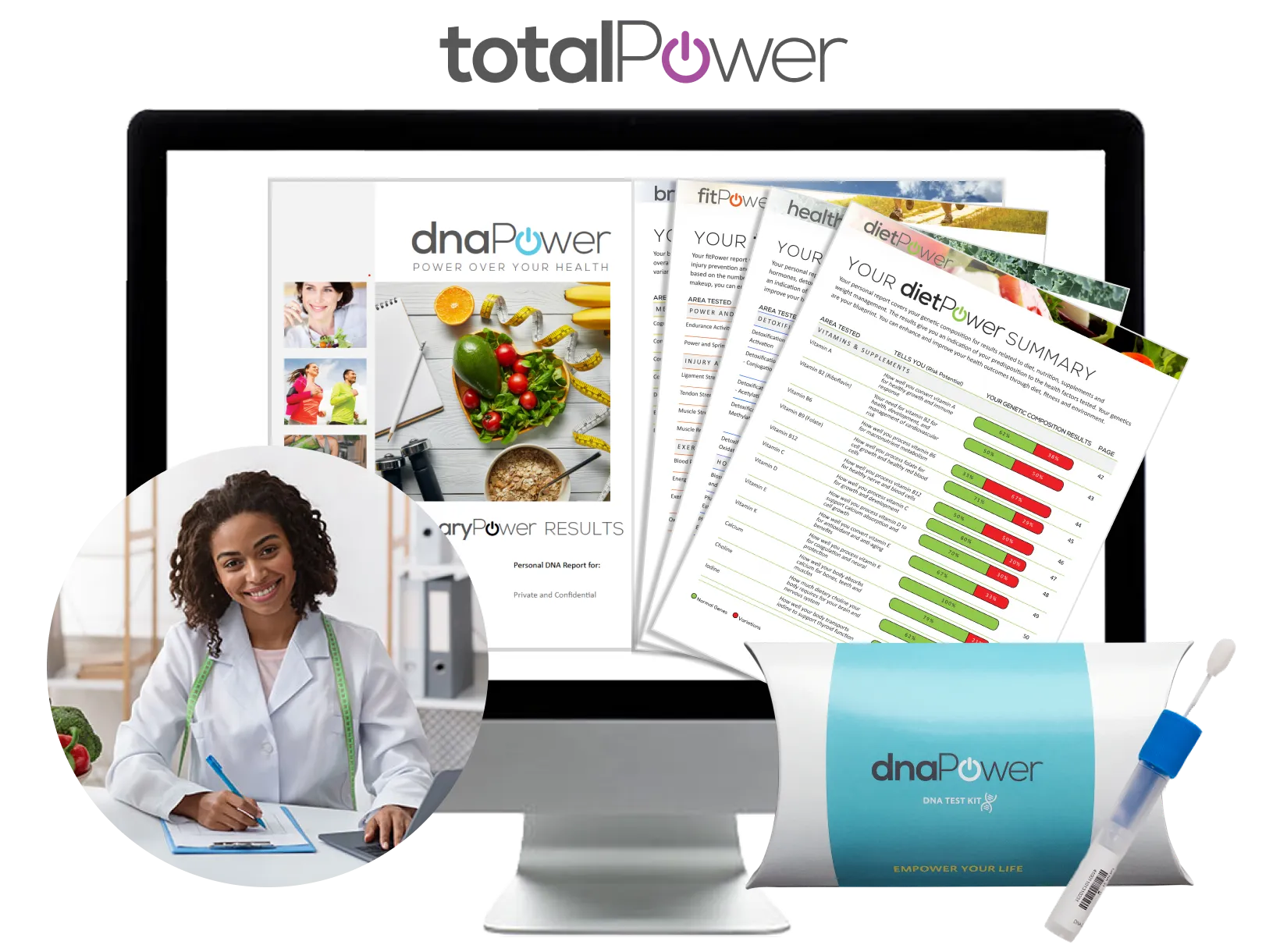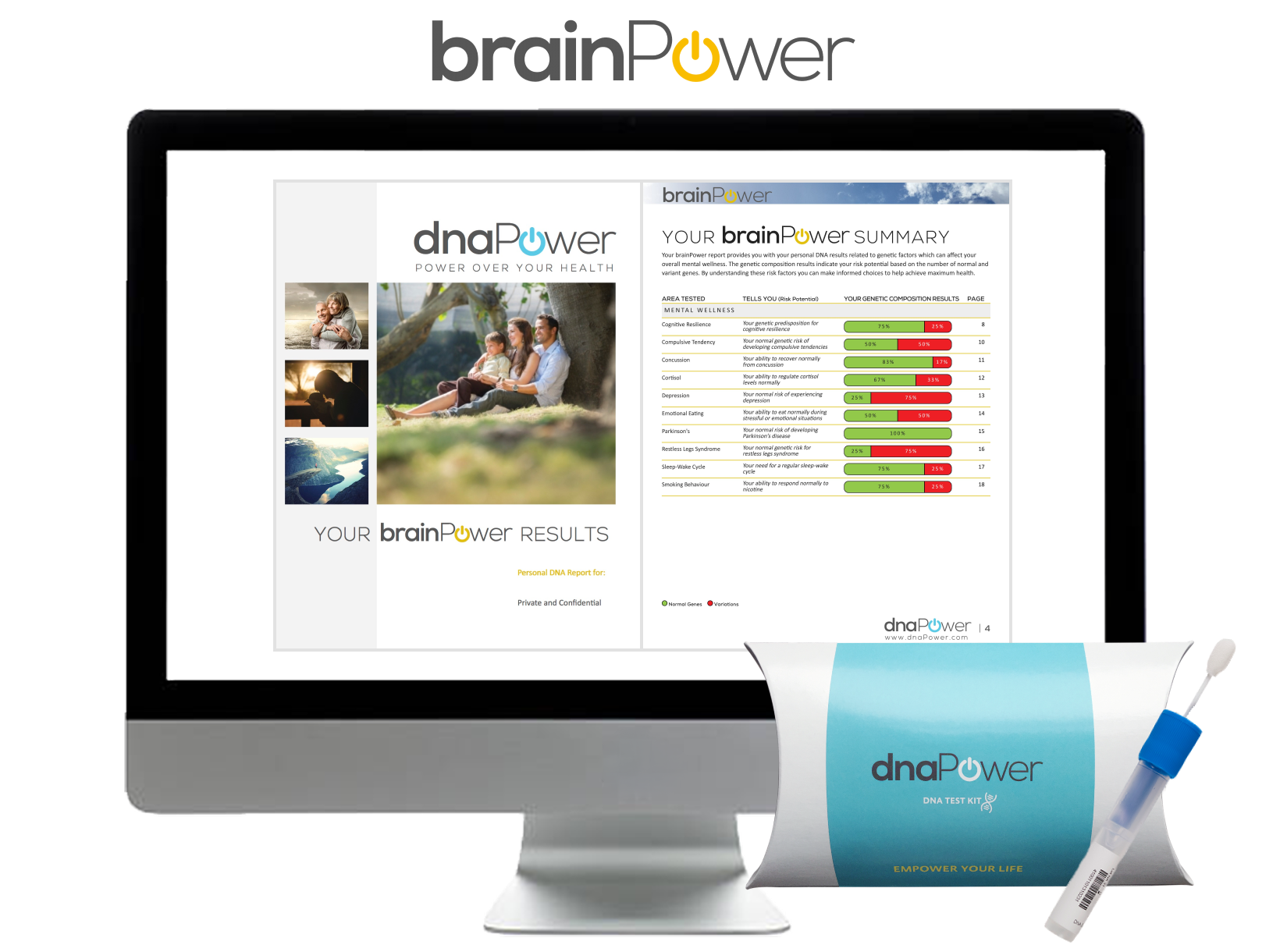
The conversation about Alzheimer’s often starts with genetics, but it should end with empowerment. Your genes are only one part of the story. Lifestyle choices, environmental factors, and even epigenetic changes—such as DNA methylation—play a powerful role in your brain health.
This guide will help you understand the connection between genetics and Alzheimer’s, what DNA and methylation testing can (and cannot) reveal, and the proven lifestyle habits that can support long-term brain health.
Having a family member with Alzheimer’s is a known risk factor, but it’s not a guarantee you will develop the disease.
There are two main types of genes involved:
The most studied risk gene is APOE. One form of this gene, called APOE ε4, is linked to a higher chance of developing Alzheimer’s. However, even with APOE ε4, lifestyle choices can help lower your risk. The National Institute on Aging confirms that healthy habits—such as balanced nutrition, regular exercise, and good sleep—remain critical for prevention.
At dnaPower, our goal is to give you this knowledge so you can take proactive steps, reduce any risk, and take out the fear.
Everyone has the APOE gene, but there are different versions (ε2, ε3, and ε4). Having one or two copies of the APOE ε4 variant increases Alzheimer’s risk, but it does not determine your future.
To identify which APOE variant you carry, you need a genetic test such as totalPower that analyzes your DNA sequence.
Methylation tests, on the other hand, do not determine which APOE variant you have. Instead, they measure genetic and epigenetic patterns—chemical changes that affect how your genes are expressed. These patterns can reflect how your lifestyle, environment, and health status may be influencing your brain health over time.
This distinction is important: methylation testing can provide insight into biological aging and disease-related gene regulation which can have an influence on Alzheimer’s progression, but it does not tell you if you have the Alzheimer’s risk variations. Both are important to learn, and serve different purposes.
You can’t change your genes, but you can make powerful choices that may reduce your risk. Alzheimer’s prevention starts with healthy daily habits.
The best diet to prevent Alzheimer’s is full of colorful fruits, leafy vegetables, fatty fish, and nuts. All of which support your brain’s health. These foods are packed with antioxidants, which help protect your brain cells from damage and reduce inflammation.
For example, diets like the MIND and Mediterranean diet are proven to support long-term brain health.
Aim for at least 30 minutes of physical activity most days. Walking, swimming, cycling, or dancing improve blood flow to the brain, delivering oxygen and nutrients essential for cognitive function.
Your brain is like a muscle that you need to use daily. You can do this by engaging in fun activities to prevent Alzheimer’s. For instance, try doing puzzles, learning a new language, or having interesting chats with friends. These activities build new neural connections, strengthening your brain’s resilience.
Deep sleep is when the brain clears toxins linked to Alzheimer’s. Aim for 7–8 hours of quality rest each night to support long-term cognitive health.
Brain health is closely tied to heart health. Keep your blood pressure, cholesterol, and blood sugar in healthy ranges to protect your brain’s blood vessels.
For those who want a deeper understanding of their health, comprehensive genetic testing can be valuable.
The TotalPower Kit from dnaPower combines multiple DNA insights to create a personalized health plan. This includes diet, exercise, and lifestyle recommendations designed to support your brain for years to come.
Your genes are part of your story, but you decide how the next chapters are written. By understanding both your genetic predisposition and your epigenetic patterns, you can take meaningful action toward Alzheimer’s prevention.
Knowledge is power—and the right choices today can help protect your mind for tomorrow.

Total Power
USD $375

Brain Power
USD $225
Dr. Lois Nahirney founded dnaPower after a personal family health journey. She is dedicated to making the science of genetics simple and actionable. Her mission is to empower everyone with the knowledge to control their well-being.
Get weekly updates on the newest DNA stories, case studies and tips right in your mailbox.